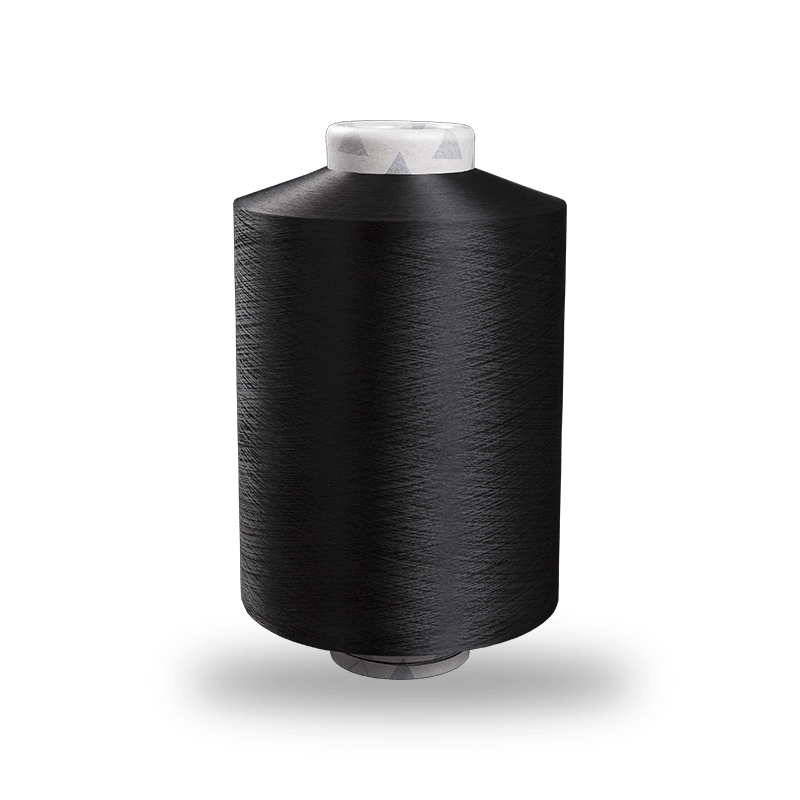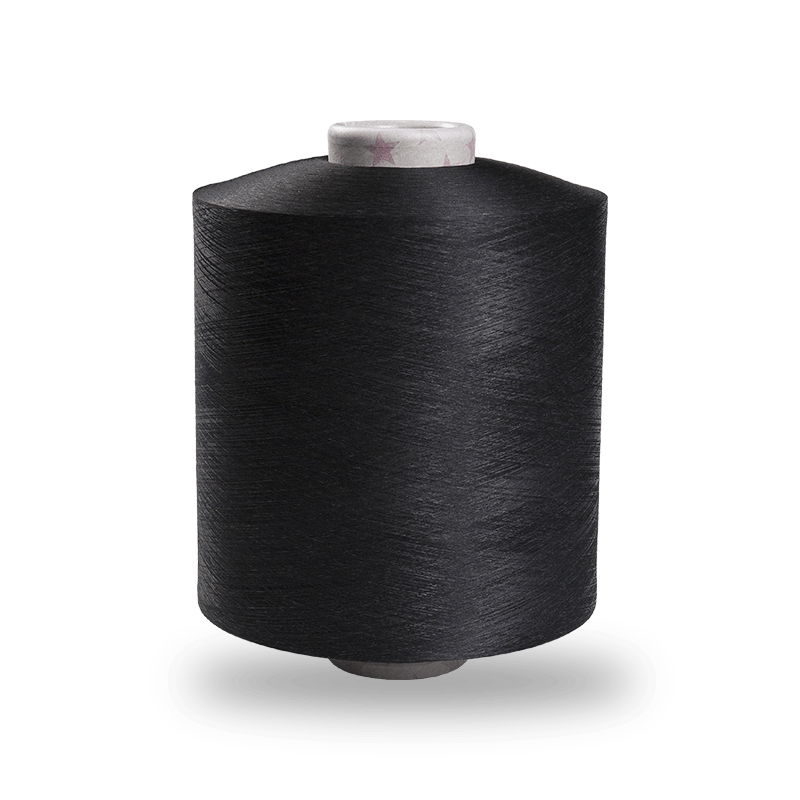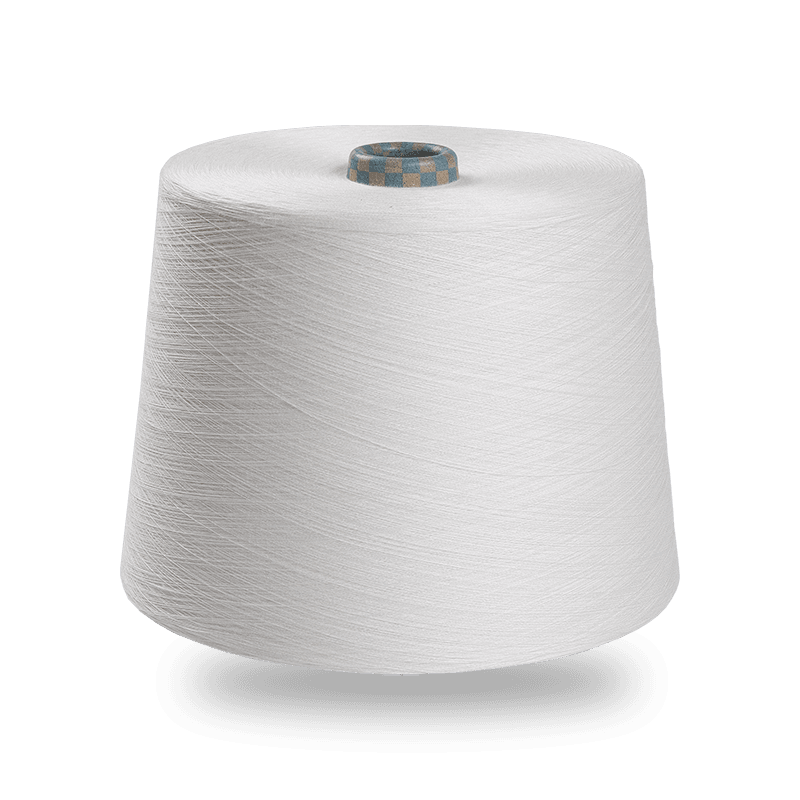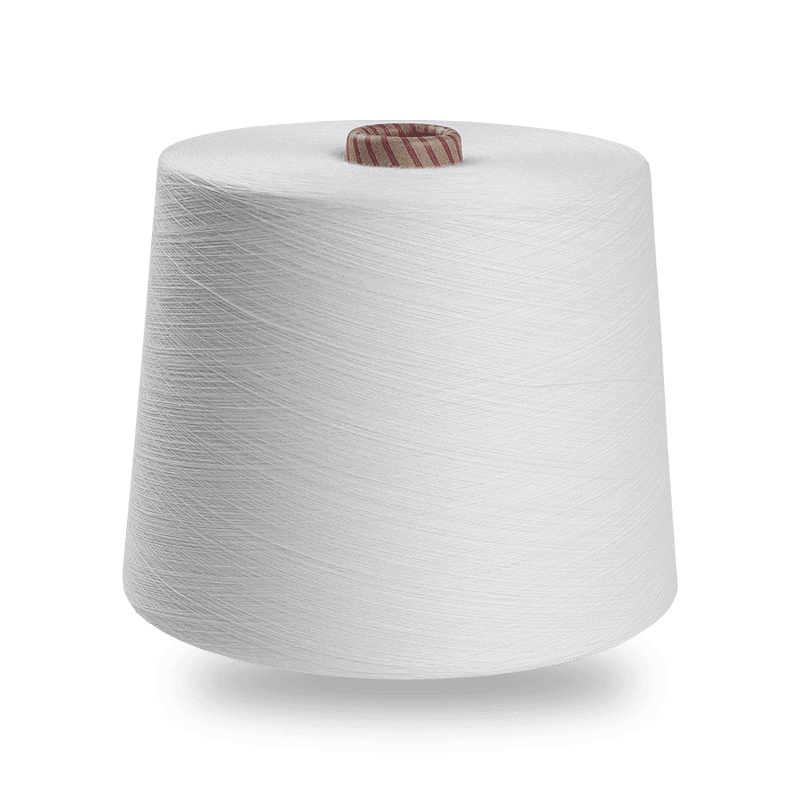The market scale of the viscose textile industry in 2021 is based on a large number of primary research and data monitoring covering major industries (including the output and output value of the target product or industry within a specified time, etc., according to the population, people’s needs, age distribution, and regional poverty. We provide customers with reliable market and segmented market scale data and trend judgments, and assist customers in judging the target market size and development prospects through the use of independent research and development of multiple market scale and development prospect estimation models. Provide reliable and continuous data support for market development and market share estimation.
The market scale is not only the market sales of viscose spinning products within a certain range, but also the scale of users or sales. We estimate the current market based on the area where viscose spinning is concentrated, the stage of development, and the number of users; secondly, we estimate the future market based on the potential users and development trends of viscose spinning. Finally, the overall scale of the viscose textile product market can be known.
In the calculation of the viscose spinning market size, we mainly adopt the following methods
One, source inference algorithm
traces the market scale of this industry back to the source industry that gave birth to this industry, and derives the data of the viscose spinning industry through the interpretation of the source industry data.
Two, strong correlation data inference algorithm
The so-called strong correlation can be understood as a strong relationship between the sales of products in the two industries. The analysis of the strong correlation with the viscose spinning industry confirms the accuracy of the market size data.
Three, demand estimation algorithm
is to measure the size of the target market based on the needs of the target customers of viscose spinning products.
Four, sampling analysis method
is to draw a certain sample from the population by sampling method, and then infer the situation of the population based on the situation of the sample. Sampling methods mainly include: random sampling, stratified sampling, overall sampling, systematic sampling and snowball sampling.


 English
English 中文简体
中文简体 Español
Español عربى
عربى











